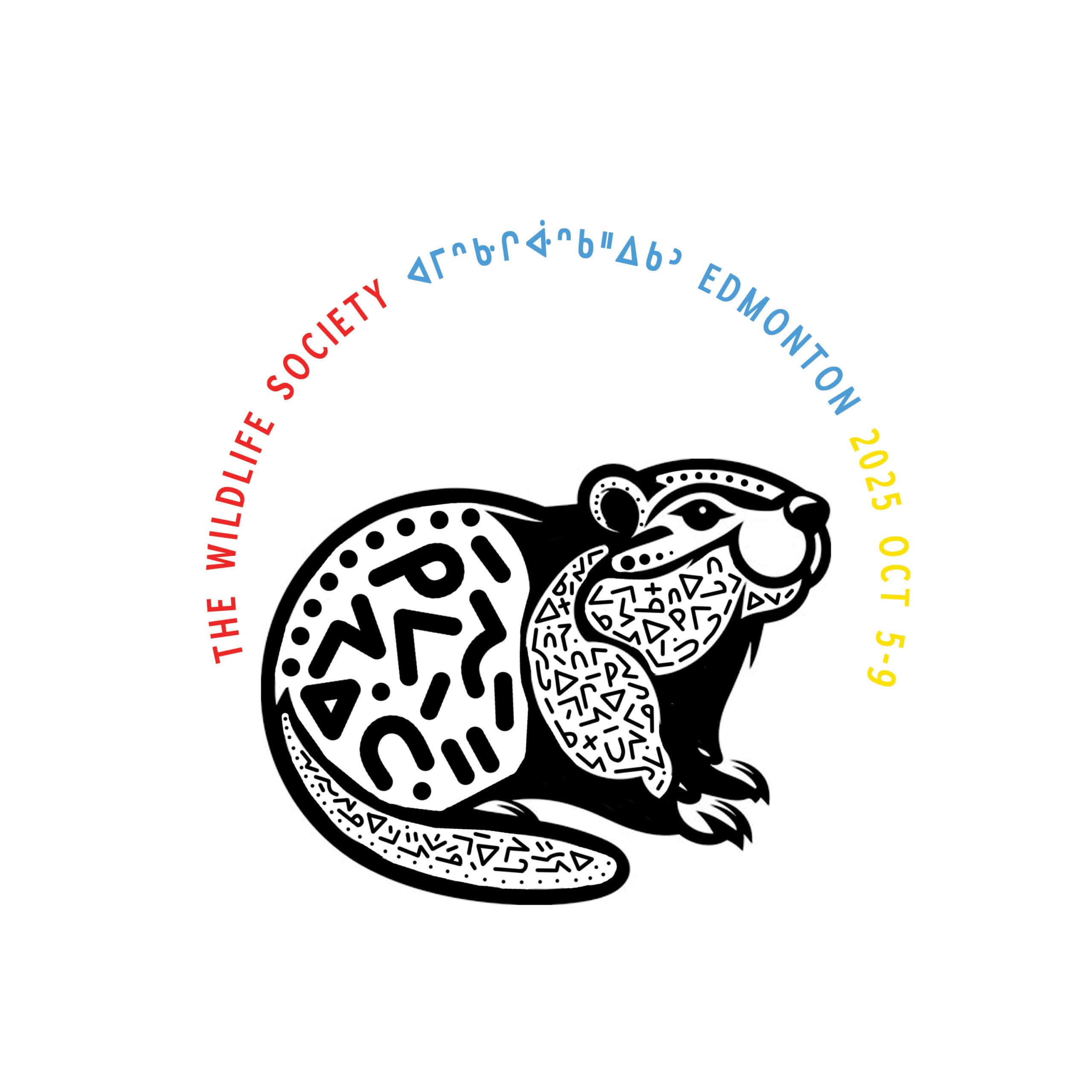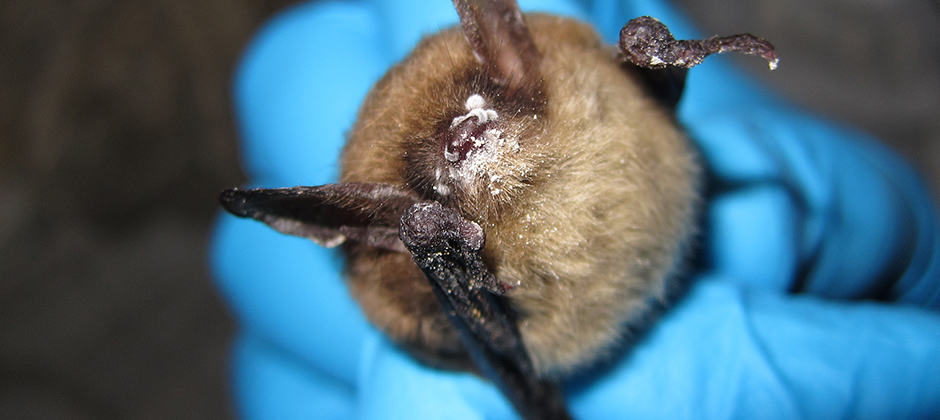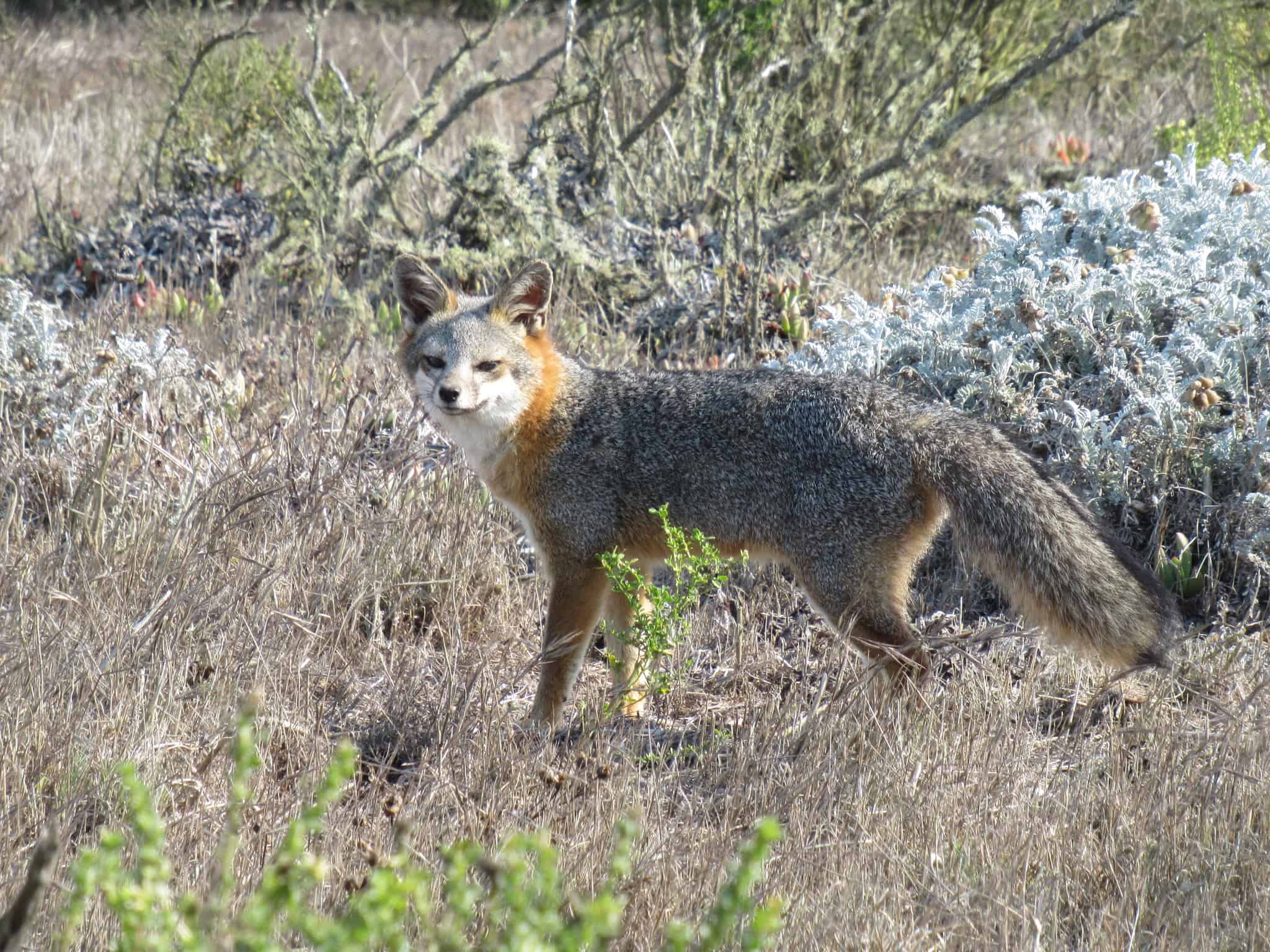Share this article
White-nose syndrome has devastated three bat species
The deadly white-nose syndrome has wiped out almost all northern long-eared bats (Myotis septentrionalis), little brown bats (Myotis lucifugus) and tri-colored bats (Perimyotis subflavus) in North America in the past decade. These findings come from researchers looking at the most comprehensive dataset of North American bats, which includes data from more than 200 locations in 27 states and two Canadian provinces. They found the fungal disease has killed 90% of each of those species. The study was the result of collaboration with many agencies and organizations, and the data was compiled by North American Bat Monitoring Program, a program the U.S. Geological Survey and the U.S. Fish and Wildlife Service created for bat conservation and science.
“The impacts of white-nose syndrome on bat populations have been swift and severe, but we are not without hope,” said Jeremy Coleman, national white-nose syndrome coordinator for USFWS and an author on the paper. “Through strong collaborative efforts like this analysis, we continue to learn more about the dynamics of this disease, and we will build the infrastructure we need to conserve native bats for future generations.”
The fungus that causes the disease has now reached 35 states and seven Canadian provinces. White-nose syndrome has been confirmed in 12 North American bat species.
Read the study in Conservation Biology and read the USGS press release here.
Header Image:
A northern long-eared bat shows signs of white-nose syndrome.
Credit: Steve Taylor, University of Illinois








